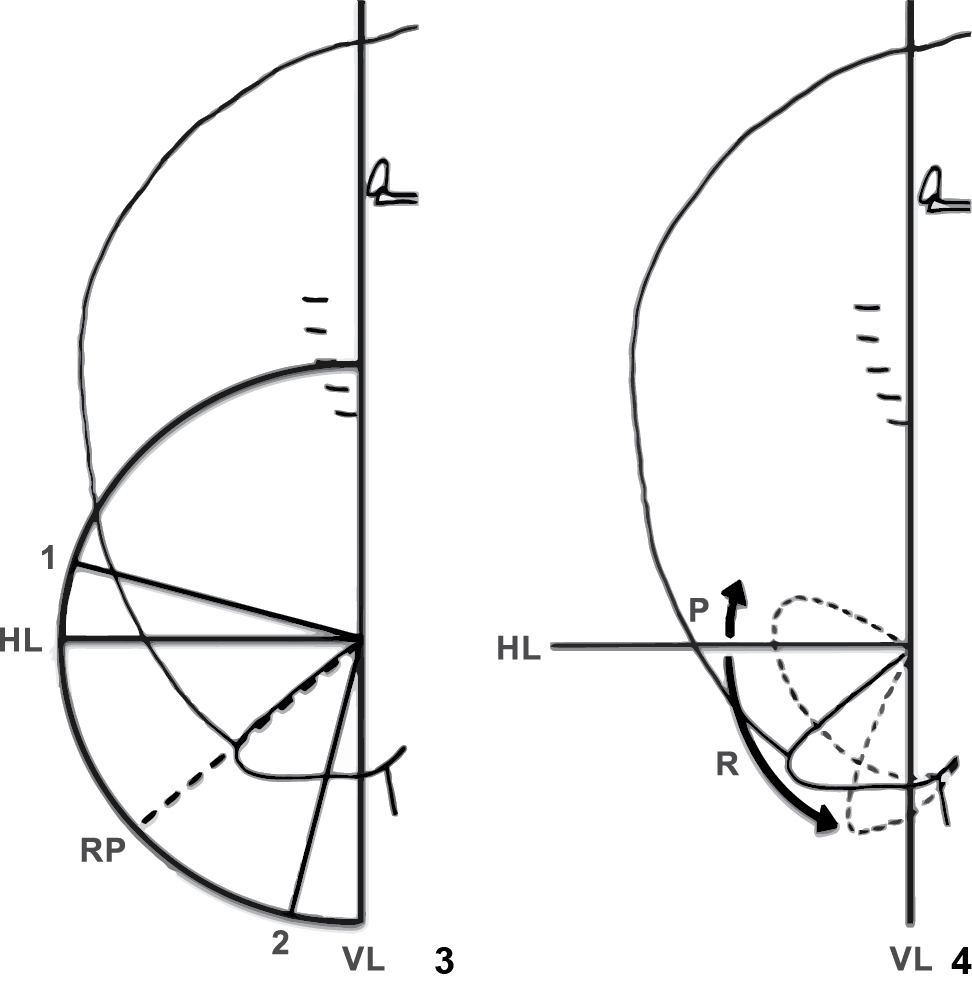Synchronized bipedal movements of the pelvic fins provide propulsion (punting) during displacement on the substrate in batoids with benthic locomotion. In skates (Rajidae) this mechanism is mainly generated by the crural cartilages. Although lacking these anatomical structures, some stingray species show modifications of their pelvic fins to aid in benthic locomotion. This study describes the use of the pelvic fins for locomotory performance and body re-orientation in the freshwater stingray Potamotrygon motoro (Müller & Henle, 1841) during foraging. Pelvic fin movements of juvenile individuals of P. motoro were recorded in ventral view by a high-speed camera at 250-500 fields/s-1. Potamotrygon motoro presented synchronous, alternating and unilateral movements of the pelvic fins, similar to those reported in skates. Synchronous movements were employed during straightforward motion for pushing the body off the substrate as well as for strike feeding, whereas unilateral movements were used to maneuver the body to the right or left during both locomotion and prey capture. Alternating movements of the pelvic fins are similar to bipedal movements in terrestrial and semi-aquatic tetrapods. The pelvic fins showed coordinated movements during feeding even when stationary, indicating that they have an important function in maintaining body posture (station holding) during prey capture and manipulation. The use of pelvic fins during prey stalking may be advantageous because it results in less substrate disturbance when compared to movements generated by pectoral fin undulation. The range of pelvic fin movements indicates more complex control and coordination of the pelvic radial muscles.
Behavior; Elasmobranchii; locomotor adaptation; potamotrygonid stingrays; swimming

 Thumbnail
Thumbnail
 Thumbnail
Thumbnail
 Thumbnail
Thumbnail
 Thumbnail
Thumbnail
 Thumbnail
Thumbnail
 Thumbnail
Thumbnail
 Thumbnail
Thumbnail






